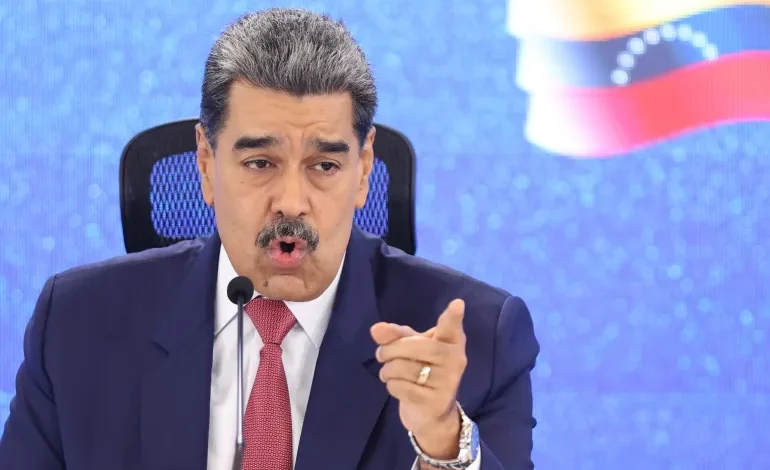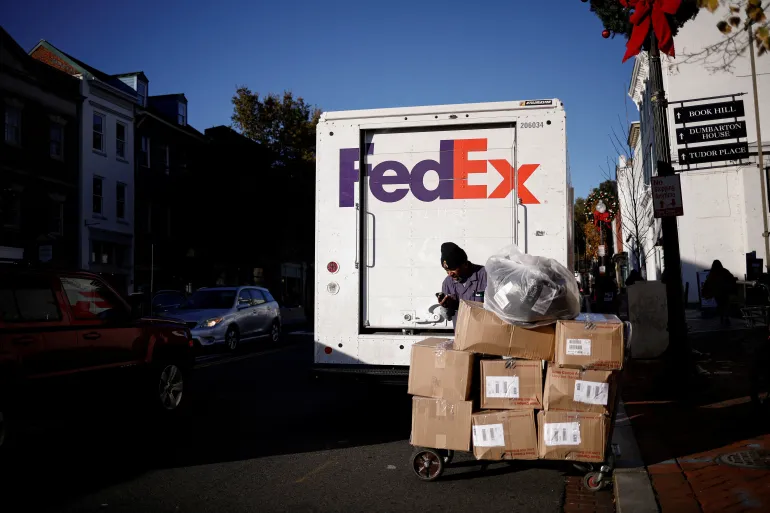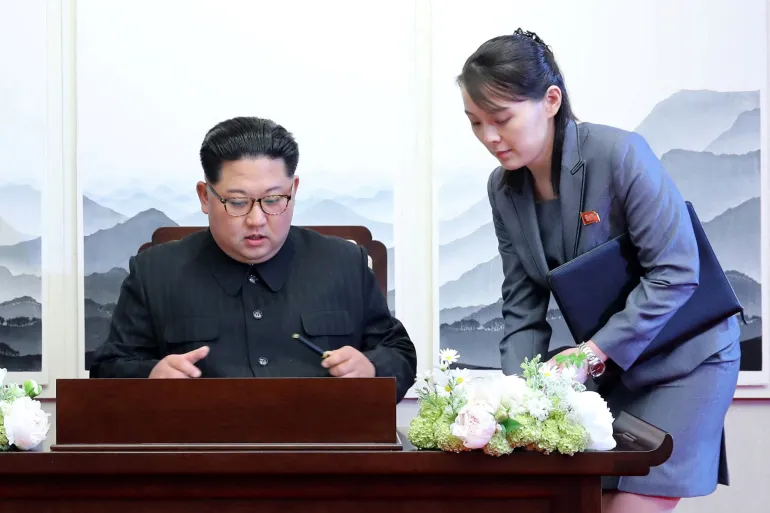Maduro Claims US ‘False Flag’ Plot as Tensions Deepen off Venezuela’s Coast

Venezuelan President Nicolás Maduro says his security forces have foiled an alleged plan to detonate explosives at the US Embassy in Caracas, calling it a “false flag operation” meant to provoke confrontation with Washington.
In a televised interview late Monday, Maduro said his government had received intelligence from two “reliable sources,” one domestic and one international, warning that “extremist sectors of the Venezuelan right” were plotting to plant an explosive device at the shuttered embassy.
“The goal was to blame the government of Venezuela and trigger an escalation of conflict,” he said, adding that security forces had reinforced the perimeter of the US mission.
The embassy has remained closed since 2019, when Washington severed diplomatic ties and recognised opposition leader Juan Guaidó as Venezuela’s interim president. Only minimal staff maintain the building’s security and upkeep.
US Ends Backchannel Talks
Maduro’s statement coincides with reports that President Donald Trump has ordered an end to diplomatic outreach with Caracas. According to a senior US official cited by Reuters, Trump instructed his special envoy Richard Grenell to halt all talks with Maduro’s representatives during a meeting at the White House last Thursday.
The timing is notable. In recent weeks, US forces have stepped up naval operations in the Caribbean, striking vessels Washington claims were carrying narcotics linked to “cartel terrorists.” Four people were reportedly killed in the most recent attack.
Escalation Risks Mount
The combination of intensified US military activity and allegations of sabotage plots is pushing the region closer to confrontation. Maduro framed the alleged embassy plot as part of a broader strategy of destabilisation.
Meanwhile, reports from CNN suggest that the US Department of Justice has compiled a classified list of individuals and groups it considers eligible targets under expanded presidential authority. A supporting legal opinion reportedly argues that deadly force can be used against a broad range of “narco-terrorists” deemed an imminent threat, a dramatic shift from prior norms treating drug trafficking as a law enforcement issue.
‘Extrajudicial’ or Preventive?
Venezuelan officials have condemned the operations as extrajudicial killings, while Washington insists they are acts of self-defence against transnational threats.
In August, Trump doubled the bounty for Maduro’s capture to $50 million, labelling the Venezuelan leader “one of the world’s major drug traffickers.” US Navy ships, submarines, and F-35 jets have since been stationed off the country’s coast, moves Caracas views as a prelude to “regime change.”
Maduro, for his part, has appealed to the Vatican, writing to Pope Leo XIV to request “spiritual support” in preserving peace.
But analysts say the signals are unmistakable: diplomacy is receding, and the military track is accelerating. The alleged “false flag” warning may serve as both pre-emptive defence and political message, that Venezuela is bracing for the next phase of a confrontation it did not choose, but no longer expects to avoid.









The latest news in your social feeds
Subscribe to our social media platforms to stay tuned